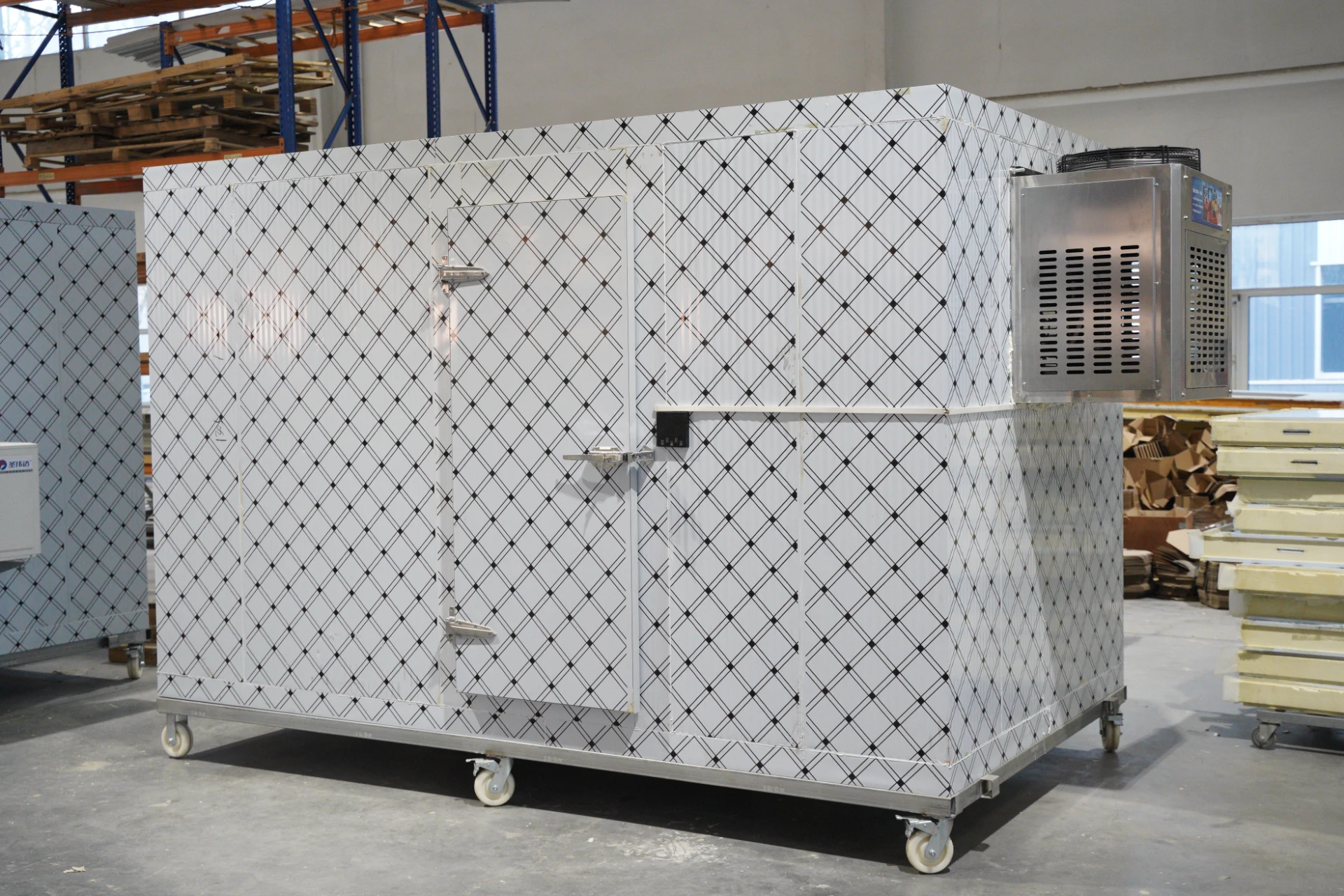Ice Block Storage Solutions for Optimal Temperature Control and Efficiency
The Importance of Cold Rooms for Ice Block Storage
In various industries, the need for ice blocks is paramount. From seafood markets and catering services to hospitals and scientific research, ice blocks play a crucial role in preserving temperature-sensitive goods. To adequately meet this demand, cold rooms designed specifically for ice block storage have become essential facilities. These specialized cold storage units greatly enhance efficiency, safety, and versatility in many sectors.
What is a Cold Room?
A cold room is a refrigerated space designed to maintain a consistent low temperature, typically ranging from -18°C to 5°C. This environment slows down the deterioration of products, preventing microbial growth and spoilage. Cold rooms can be found in a variety of forms, such as walk-in freezers, modular cold storage units, or large-scale refrigeration warehouses. Their primary function is to maintain the integrity of temperature-sensitive goods, including ice blocks.
The Role of Cold Rooms in Ice Block Production
Ice blocks are produced in large quantities for various applications, from food preservation to medical uses. The production of these ice blocks usually involves freezing water in molds. Once the blocks are formed, they need to be stored correctly to prevent melting and maintain quality. An efficient cold room acts as a far more controlled environment than traditional ice storage methods such as open-air ice storage or simple Freezer chests.
Cold rooms equipped with advanced refrigeration technology can maintain optimal conditions to ensure ice blocks remain solid and unblemished. This storage solution minimizes the loss of quality due to temperature fluctuations, humidity, or contaminants entering the storage area. By ensuring that ice blocks remain at stable, low temperatures, businesses can provide better services and products at the end of the supply chain.
Benefits of Using Cold Rooms for Ice Block Storage
cold room for ice block

1. Quality Preservation One of the primary benefits of cold rooms is their ability to preserve the quality of ice blocks over a longer duration. Predominantly, if ice blocks are kept at appropriate temperatures, they will maintain their form and not form any cracks or chips. This is especially critical for businesses that use ice blocks for display or transport of perishable goods.
2. Enhanced Efficiency By utilizing cold storage facilities, companies can streamline their operations. A centralized cooling area allows businesses to produce and store larger volumes of ice blocks without the risks associated with inadequate ice storage. This efficiency translates into cost savings and improved service delivery.
3. Extended Shelf Life Ice blocks stored in a controlled cold room can last significantly longer without compromising quality. Unlike standard storage methods, the controlled environment limits the melting rate and ensures minimal moisture loss. This is particularly advantageous in regions with fluctuating temperatures and high humidity levels.
4. Safety and Compliance In many industries, maintaining a certain standard of hygiene and safety is mandatory. Cold rooms can be designed to adhere to industry-specific regulations, ensuring safe storage for food and medical products. Alongside meeting health and safety standards, cold rooms also mitigate environmental risks by decreasing cross-contamination.
5. Versatility Beyond ice blocks, cold rooms can store various items, making them a versatile investment for businesses. Cold storage can accommodate other perishable items, including fish, dairy products, and pharmaceuticals, providing a multi-functioning space catering to multiple needs.
Conclusion
Cold rooms are an invaluable asset for businesses engaged in the production and supply of ice blocks. Their ability to provide consistent temperatures, enhance efficiency, and maintain product integrity positions them as a necessity in multiple industries. As the demand for ice in various sectors continues to grow, investing in specialized cold storage solutions will not only address current needs but also anticipate future challenges, ensuring that the supply of ice blocks remains reliable and efficient.
















































































































